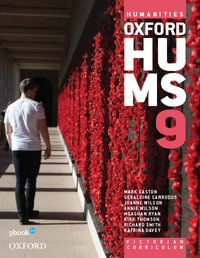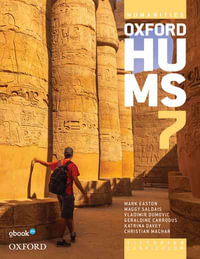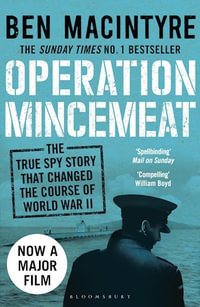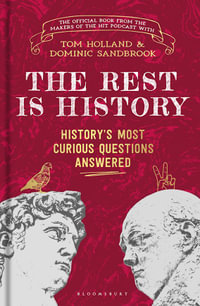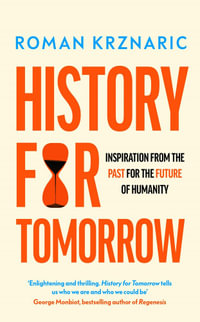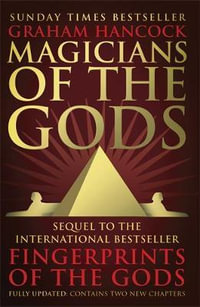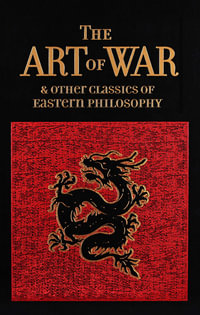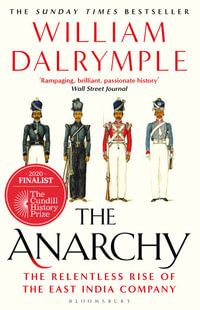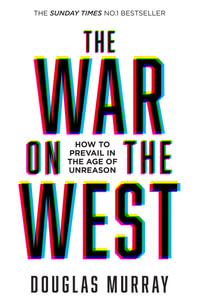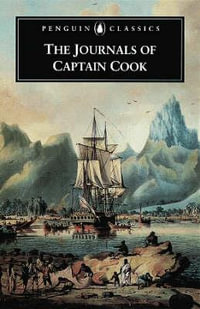The island of Mauritius lies in the middle of the Indian Ocean, about 550 miles east of Madagascar. Uninhabited until the arrival of colonists in the late sixteenth century, Mauritius was subsequently populated by many different peoples as successive waves of colonizers and slaves arrived at its shores. The French ruled the island from the early eighteenth century until the early nineteenth. Throughout the 1700s, ships brought men and women from France to build the colonial population and from Africa and India as slaves. In Creating the Creole Island, the distinguished historian Megan Vaughan traces the complex and contradictory social relations that developed on Mauritius under French colonial rule, paying particular attention to questions of subjectivity and agency.
Combining archival research with an engaging literary style, Vaughan juxtaposes extensive analysis of court records with examinations of the logs of slave ships and of colonial correspondence and travel accounts. The result is a close reading of life on the island, power relations, colonialism, and the process of cultural creolization. Vaughan brings to light complexities of language, sexuality, and reproduction as well as the impact of the French Revolution. Illuminating a crucial period in the history of Mauritius, Creating the Creole Island is a major contribution to the historiography of slavery, colonialism, and creolization across the Indian Ocean.
Industry Reviews
"Creating the Creole Island is a riveting portrait of a slave-owning society. Megan Vaughan's elegant narrative combines rich and ground-breaking historical analysis with acute theorizing of human subjectivity. It will be of compelling interest to anyone concerned with the emergence of our modern 'creole' world."--Michael Lambek, author of The Weight of the Past: Living with History in Mahajanga, Madagascar "Megan Vaughan has given us a vivid portrait of how a society was formed from the mixture of peoples and languages of eighteenth-century Mauritius. Slaves take the initiative here--one of the many new insights that Creating the Creole Island brings to history, literature, and anthropology. And the book is a wonderful read besides."--Natalie Zemon Davis, author of Women on the Margins: Three Seventeenth-Century Lives "Powerful set of arguments about what it means to be a slave... A compellingly detailed tale...This is an important book of huge interest to Mauritian specialists and historians of the slave trade and slavery elsewhere, as well as scholars interested in questions of gender and identity."--Clare Anderson, American Anthropologist "Megan Vaughan's book is a long awaited one... Excellent."--Vijayalakshmi Teelock, African Affairs "Compelling... Fascinating... Impressive... Vaughan's original contributions--and the thoughtful way she recasts the island's history--make the book compelling reading for anyone interested in colonialism or hybridity... An excellent read... This will be an ideal book to use in graduate seminars on slavery and colonialism, and it deserves a wide readership."--Alyssa Goldstein Sepinwall, American Historical Review "Fascinating... Insightful."--Kathleen Wilson, Radical History Review "Megan Vaughan's study is a tour de force... A truly splendid and wide-ranging book with ramifications well beyond Mauritius...This is a highly engaging, lively book."--Statement of the Prize Committe for the Heggoy Prize from the French Colonial Historical Society "Vaughan's examination of late eighteenth-century court cases involving slaves forms the most insightful section. The records of the judgments of a slave-owning society inevitably suffer from the usual biases. However, they offer glimpses into the reality of slaves' lives, and bring a few acutely, if momentarily, to life."--Gwyn Campbell, International Journal of African Historical Studies "This magnificent book makes a major contribution to historical writing both on Mauritius and on comparative slavery in the Indian Ocean region... Creating the Creole Island presents a host of insights, many of which challenge existing orthodoxies and which will also be of interest to those form whom Mauritius or even slavery are not central concerns."--Nigel Worden, Journal of African History "This is a rich and detailed book that is clearly the result of a great deal of research... Vaughan's book stands as the most nuanced social history of slavery in the Indian Ocean world."--Erik Gilbert, Itinerario "A sophisticated and fascinating portrait of slavery in Mauritius... This is an intriguing treatment of the complexity of human agency within the context of a colonial slave society. The book is written in simple but beautiful prose. Its subjects are allowed to act and speak, Vaughan providing sophisticated but delightful and revealing commentaries. It contains riveting biographical tidbits on slaves (including their real words), colonial officials, and settlers. Thorough in the classical history tradition, it grapples effectively with concepts and issues raised by post-modern discourse. Hence, through an analysis grounded in an excellent blend of historical moment, movement, and structure, the book elucidates many otherwise jargonistic concepts from that perspective."--Femi J. Kolapo, Canadian Journal of History "A highly original, brilliantly crafted, assiduously researched and elegantly written view of slavery and creolization through the wrong end of a telescope; a microcosm of the paradox of an island that is in the mainstream, constantly being touched and occasionally swamped by the tides of humanity, of war and of history washing up on its shores."--Edward I. Steinhart, Interventions "A fascinating exploration of a much more complex eighteenth-century salve society... Vaughan has made a remarkable contribution to the vast historiography of slavery."--Anthony J. Baker, International History Review "A complex interdisciplinary study of the development of Mauritian Creole culture, producing an impressive synthesis of archival research and engaging literary narration... Creating the Creole Island provides new insights into this once lost milieu of Creole peoples, furthering the scholarship of Colonial, Mauritian and Eighteenth Century historiographies and providing a valuable asset to graduate-level courses in those respective fields."-- Jacque Johnson, Eighteenth-Century Book Reviews Online "Historian Megan Vaughan's foray into the Indian Ocean has produced one of the most exciting books on Mascarene slavery and creole studies in recent years. Creating the Creole Island is unique and remarkable... Creating the Creole Island will stand as one of those classic and lasting monographs setting out a field and guiding future historians into pathways they could not have imagined."-- Pier M. Larson, Journal of Southern African Studies


